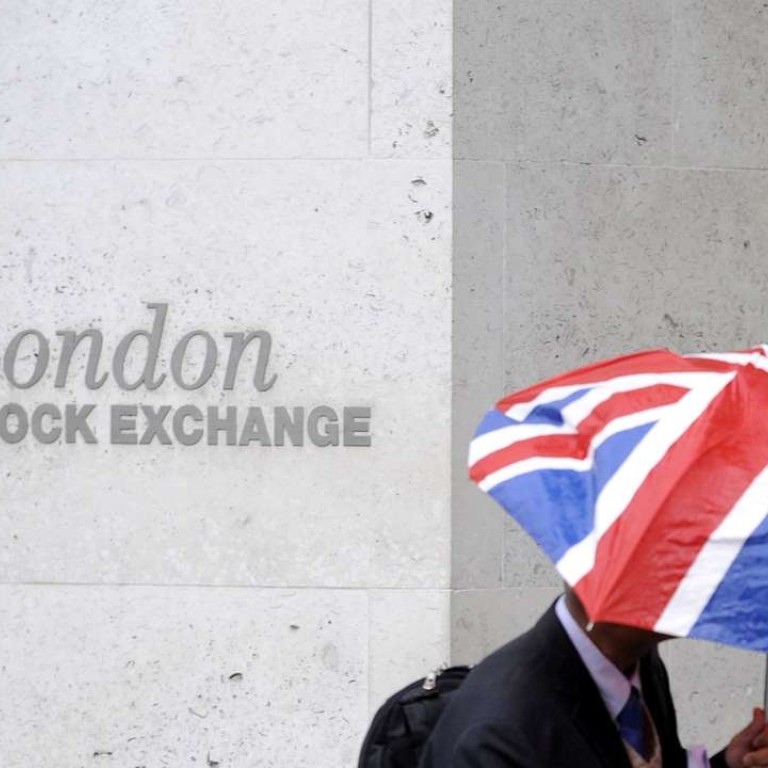
London and Shanghai stock link faces delays as China regulators assess changing framework
The China Securities Regulatory Commission will evaluate the cross-trading system in light of legal and other changes related to Brexit
Plans for linking the Shanghai and London bourses have been thrown into disarray following Britain’s decision to leave the European Union as mainland regulators will now need more time to study the new legal framework and assess market sentiment.
But it can be taken for granted that Beijing would stand firm in implementing the liberalisation given its resolution on internationalising the A-share market, a proposal endorsed by President Xi Jinping.
London, an offshore yuan trading centre where pro-Beijing business sentiment dominates, remains the top choice for the mainland securities regulators as they attempt to open a gateway to the developed Western markets.
Two sources with knowledge of the China Securities Regulatory Commission’s (CSRC) thinking said that Brexit could force mainland regulators to revisit the framework designed for the cross-trading system due to substantial changes in legal fields and market sentiment at the London Stock Exchange.
“An attempt to press the button soon has been foiled,” said a fund manager. “It will take some time before the regulators can seriously mull over the timetable for the launch.”
Que Bo, a deputy general manager of the Shanghai Stock Exchange, said on June 12 that a Brexit would be a “complicated issue” and the local bourse would enlist the help of other parties to further study and assess the situation if it were to happen.
A Brexit would usher in changes on the legal and trading systems on the London exchange since certain EU rules and regulation would be phased out, he added.
For mainland regulators who have long been spooked by fears of market turbulence, they will be reluctant to take further actions to implement the cross-trading system until financial markets in London stabilises, the sources said.
The written queries about Brexit’s impact to the system had yet to be replied by the CSRC as of yesterday.
The mainland and Hong Kong regulators launched the Shanghai-Hong Kong stock connect scheme in late 2014, allowing investors to cross-trade shares on each other’s markets.
In March, 2015, President Xi told a panel session of the National People’s Congress that Shanghai was encouraged to open up more investment doors around the world, endorsing Shanghai’s plans to link with more foreign stock exchanges beyond Hong Kong.
Exchange officials from China and Britain have been actively discussing the establishment of ties between the trading systems in Shanghai and London since September last year.
Fang Xinghai, a deputy CSRC chairman, said that Xi’s October visit to the United Kingdom acted as a catalyst for talks on the creation of the Shanghai-London stock link system.
Zhang Xiaojun, a CSRC spokesman, said late last year that hurdles to be overcome included the time difference, infrastructure, and variations in trading and supervision systems between the two markets.
“London is inarguably a regional financial and commodity trading centre and its pro-Beijing attitude makes it an ideal choice for a stock connection scheme,” said Haitong Securities analyst Zhang Qi. “It will see a bit of delay but it’s expected that efforts will continue to help internationalise the A-share market.”
Last week, the People’s Bank of China said it would consider introducing Chinese depositary receipts – certificates issued by a Chinese bank that represent a specified number of shares in a foreign stock – a move to facilitate the launch of the London-Shanghai stock connect programme.

